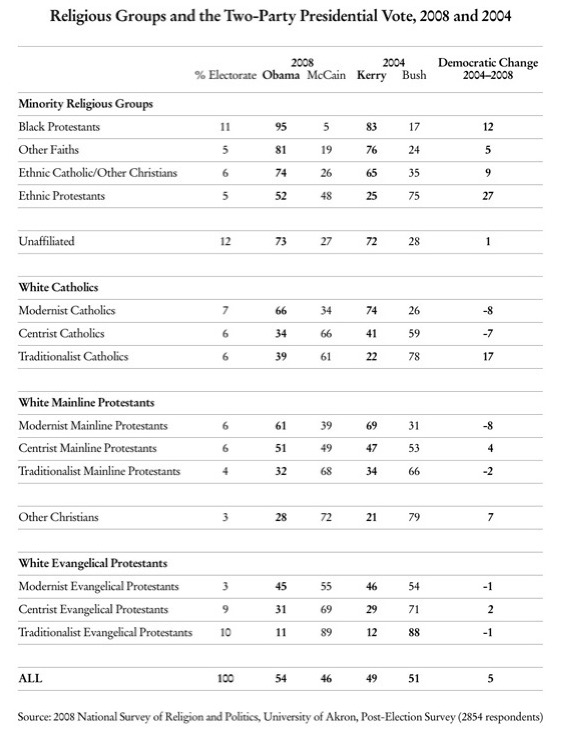Post Author: Bill Pratt
Many Christians are shocked when they read Romans 9:13: “Just as it is written: ‘Jacob I loved, but Esau I hated.'” Since when does the God of love hate people? This verse, coupled with the rest of Romans 9, has led many to believe that God does not love all people, at least with regard to their eternal salvation. He seems to arbitrarily choose some people for salvation and some people for damnation. But must we interpret this verse in that way?
I think the answer is “no.” A more careful reading of this passage indicates that the subject is not individual salvation, but Israel’s national role in redemptive history.
Paul is actually quoting from Mal. 1:2-3, and a reading of those verses in the context of Malachi’s book clearly indicates that Malachi is using the word “Jacob” to refer to the nation of Israel and the word “Esau” to refer to the nation of Edom.
This makes perfect sense because Romans 9, 10, and 11 are all about national Israel and her role in redemptive history. Romans 9 refers to Israel’s past, Romans 10 refers to her present, and Romans 11 refers to her future.
It is a serious exegetical mistake to interpret Romans 9 to be referring to individuals’ salvation. According to Norman Geisler, “the election of the nation was temporal, not eternal; that is, Israel was chosen as a national channel through which the eternal blessing of salvation through Christ would come to all people (cf. Gen. 12:1–3; Rom. 9:4–5). Not every individual in Israel was elected to be saved (9:6).”
God works through nations to accomplish his will, just as he works through individuals. Just because Israel was the chosen nation to bring forth the Messiah did not mean that every Israelite would be individually saved. Individual salvation has never been and will never be based on a person’s nationality. Paul is talking about the nation of Israel in Romans 9, not individual salvation.
Finally, it is also important to explain that the word used for “hate” in Malachi 1 is a Hebrew idiom which actually means to “love less.” Norman Geisler explains: “This is evident from Genesis 29:30: The phrase ‘loved Rachel more than Leah’ is used as the equivalent of ‘Leah was hated’ (cf. also Matt. 10:37).”
God does not hate anyone, but he does bless some nations more than others.
